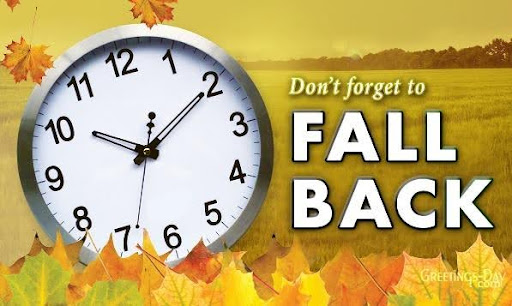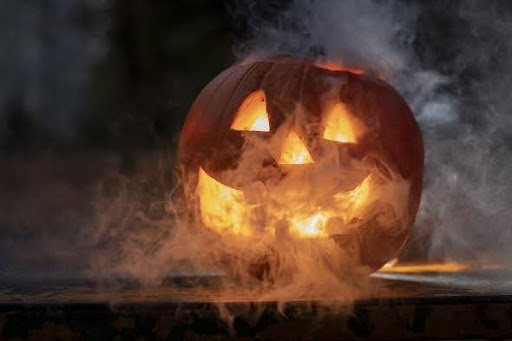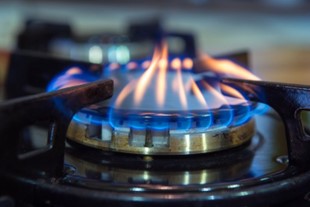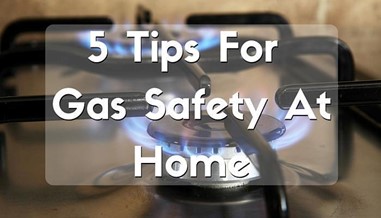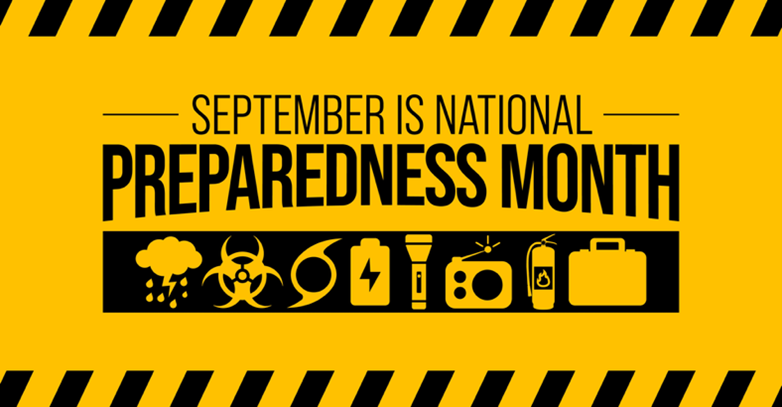As the weather warms
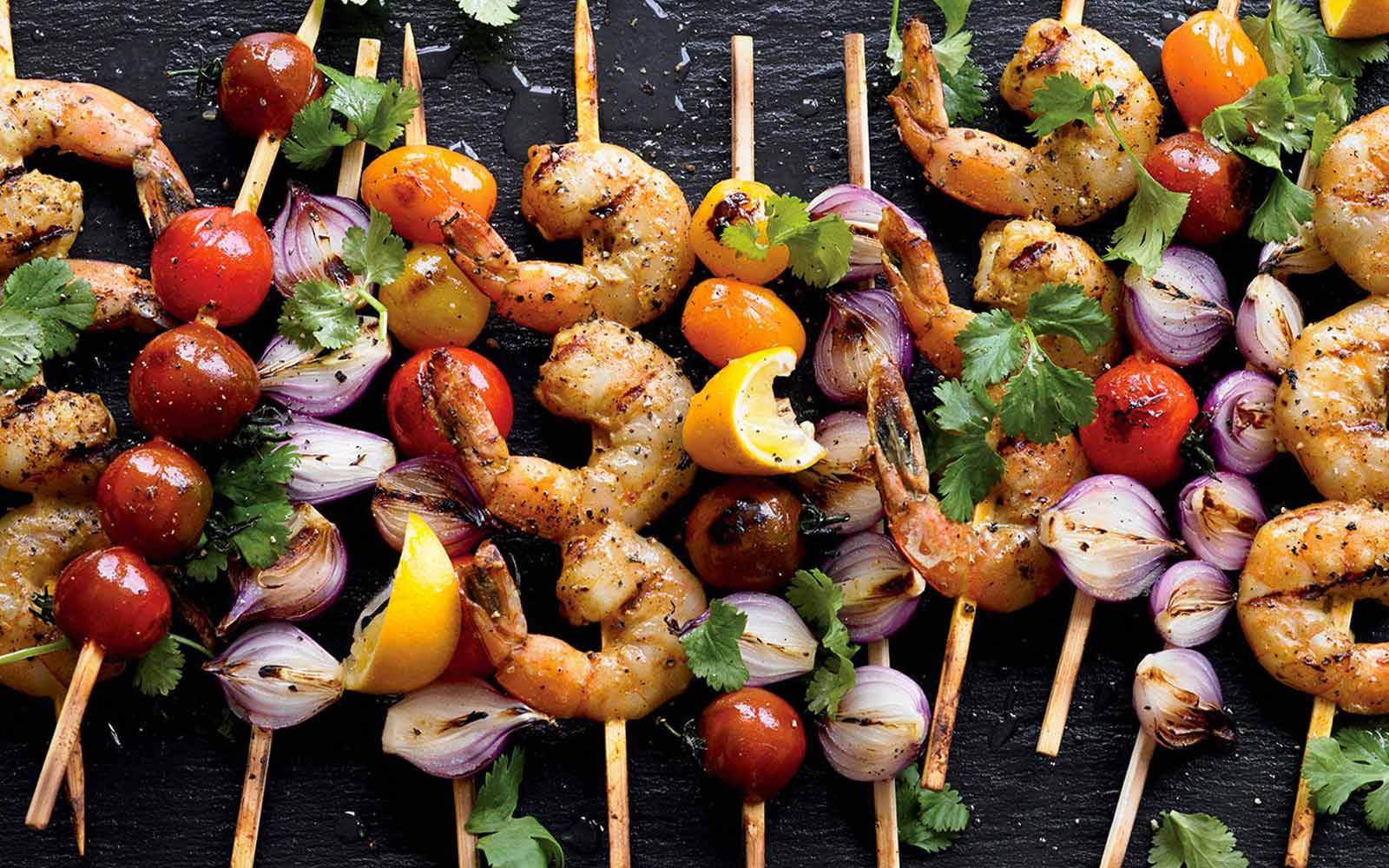
As the weather warms, more people use outside grills, which increases the number of fires started by grills. According to the National Fire Protection Association, there were 10,200 home fires caused by outdoor cooking on average per year between 2013 and 2017.
Whichever kind of grill you own, follow these 8 BBQ safety guidelines to ensure that you and your house are safe for grilling season:
- Grill outside, away from any buildings.
Grills that run on gas or charcoal are only meant to be used outside. Nonetheless, according to the NFPA, 29% of home fires caused by outdoor grills started on an external balcony or open porch, and more than one-quarter (27%) started in a courtyard, terrace, or patio. When setting up your grill, be mindful of any overhanging tree branches.
- Verify that your grill is sturdy.
Make sure the grill cannot be overturned and only erect it on a level surface. To safeguard your patio or deck, think about placing a barbecue pad or splatter mat underneath your grill.
- Maintain the cleanliness of your grill.
Clear the grill and the tray beneath it of any oil or fat accumulation. When discarding charcoal in a metal container, let it cool completely if you’re using a charcoal barbecue.
- Inspect your gas barbecue for leaks of natural gas or propane.
Apply a mild soap and water solution to the gas tank hose before lighting the first barbecue of the season to check for leaks. The solution shall bubble in the event of a gas leak. The scent of gas close to the barbecue or an unlit flame are two other indicators of a gas leak.
- Do not relight the flame if it goes out.
When a gas grill flame burns out, switch off the gas and the grill, then give it at least five minutes before trying to ignite it again.
- Exercise caution when near the grill.
Keep an eye on a lit grill at all times. Pets and children should not play near the grill. Remember that a hot grill will remain hot for at least an hour after use, and never attempt to move a lit or hot grill.
- Take caution when using charcoal starter fluid.
Use only charcoal starter fluid when using a charcoal barbecue. Never put more flammable substances, such as starting fluid, on a fire that has started to go out. Instead of using starter fluid to ignite the fire, think about using a charcoal chimney starter, which employs newspaper.
- Prepare to extinguish the flames
Keep a fire extinguisher close by for other types of flames and baking soda on hand to put out grease fires. In the event that you lack a fire extinguisher, place a bucket of sand close to the barbecue. Never put out a grease fire with water.


